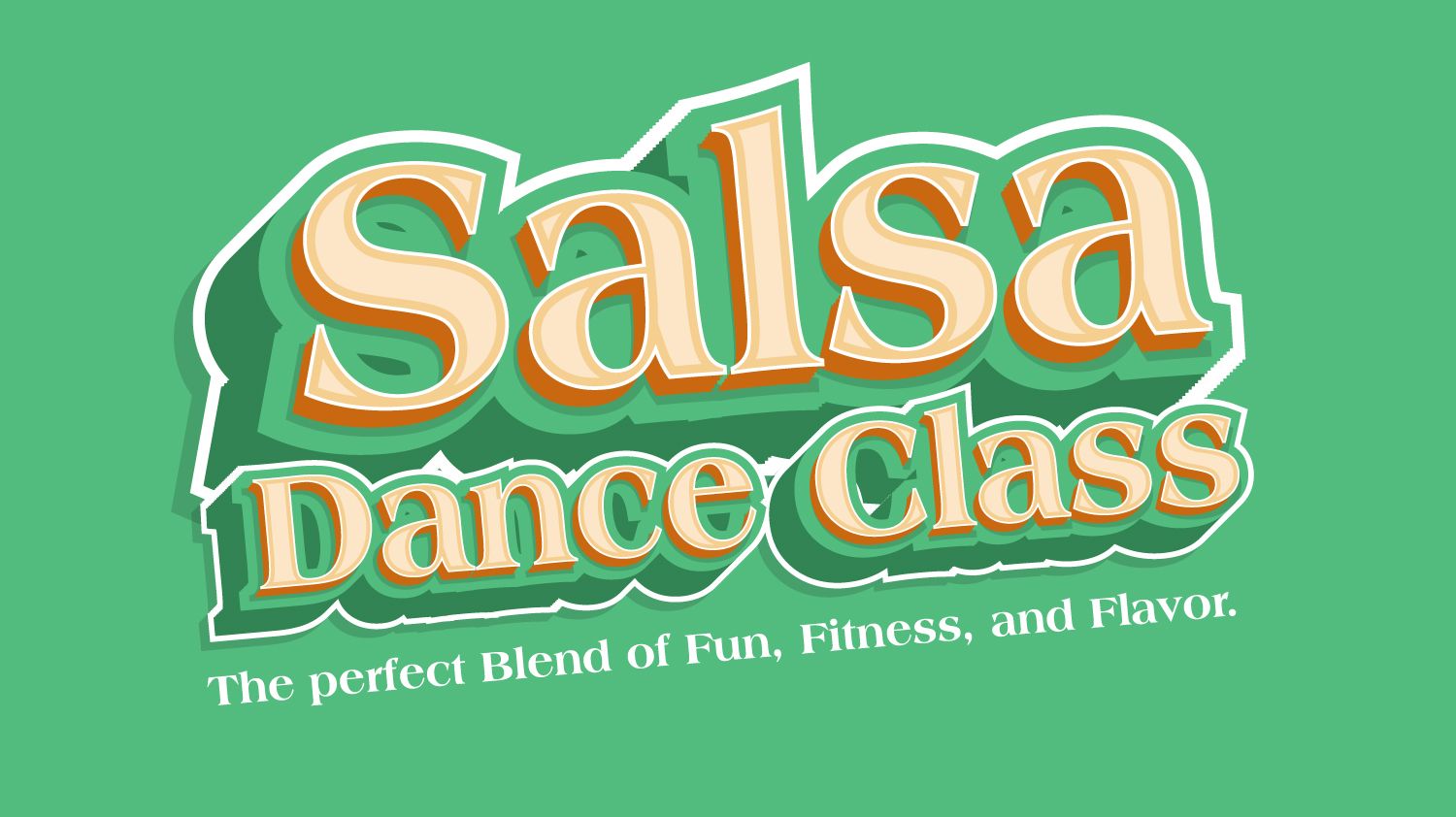By: Jenifer Chrisman
“You never really understand a person until you consider things from his point of view… until you climb in his skin and walk around in it.”
– Atticus Finch, To Kill a Mockingbird
Aging is both a curse and a blessing. The older we get, the more aches and pains we endure, and the more losses we experience. The blessings are less easily definable, watching history as it forms before our eyes (although this too can be curse), the people we get to love, for whatever time we have with them, and the time to try to make amends for our mistakes, to be better people.
Also, with age comes a longer list of personally defining moments, the ones that leave an indelible mark, that change us in ways we may never fully comprehend. Often both a curse and a blessing, they twist us, they turn us, they shape us.
I have had a few of those moments, some standing out more profoundly than others, even if the entirety has faded with the passing years. One such, recently, swept me back to the distant past, and then, even further back, to my own “ancient” history....
The topic of judgement had come up in conversation and the hair on the back of my neck stood on end.
In my earlier adult years, I was cosponsoring a teen group. The group was very small, so we often had children as young as eight.
One evening, my cosponsor had other obligations. That night, the group consisted of three children, eight, nine and 11, and four teens, 13, 15, 16 and 17. Understandably, it was a hard on the teens. The three younger children, who all went to school together, were gossiping about this, that, and the other person.
When I called for the meeting to start, the three asked my opinion. I said, “You shouldn’t judge other people unless you walk a mile in their shoes.”
They looked back and forth at each other and me, completely confused. It was quite disheartening, but not nearly so much as what transpired later that evening.
I shared with them an experience from my own youth, when I wasn’t much older than them. Sadly, I no longer remember the details, but I clearly remember the feeling of my breath being sucked from my lungs when I/we all understood.
Thinking back, maybe it isn’t time that has dulled my memories, but that the true story needed no words and happened in a single instant. Because no words, no matter how powerfully written or spoke, could ever hope to adequately supersede that visceral, cut to the bone moment.
The school I had been attending (one of many over the years) had a hall monitor who was a much older lady. For the most part, students avoided her as she tended be rather mean tempered.
Toward the end of the school year, we were just settling into our seat as the bell rang. A moment later she stepped through the classroom door and walked to the front of the class. Everyone was surprised to see her there, wondering who was in trouble, because why else would she be there?
Without uttering a word, she rolled up her sleeve. A shockwave rolled through the class as each of us, for that one, suspended moment in time, stood in her shoes.
Back then, many of us still had living family members or family members of friends who had served during the second World War. Others had family members they had never met because they paid the ultimate sacrifice. We all knew the stories; we had all studied its history.
But to see the tattooed numbers set starkly against the pale skin of her arm. To look into the aged face of a woman none of us had ever taken the time to consider had a life and a history we knew nothing about. To have condemned her as just a mean old lady.
Our German teacher, one of those very rare, exceptional teachers, had asked her to share her story with the class.
She (was a very private woman, so out of respect, I will not name her) rolled her sleeve back down. Then she told us her story. When she had been about my age and living in Germany, she, along with her mother, father and sister, were rounded up and sent to a concentration camp (I want to say it was Bergen Belsen, but I am no longer positive). Her father was immediately separated and sent to a different part of the camp. She never saw him again. Her sister had a disease (an automatic death sentence) that caused her pulse to be erratic. Each night at bed check, she would lay on top of her sister and hold out her own wrist. It was a great personal risk. The consequences if she had been caught also would have been death. But she loved her sister. Despite her best efforts, it wasn’t long before they learned of her sister’s disease.
By the end of the war, when the prisoners had finally been freed, she was her family’s only survivor.
I have been through some heartrending things in my life, but to this day I cannot even begin to imagine her suffering. And hers was only one of far too many stories.
The changes wrought by the Holocaust are too numerous to number. It affected continents, countries, families and friends, along with the generations who came after.
When my story came to a close, that truly disheartening moment came to pass. “What is the Holocaust?” Four words that shook me to my core. Of the seven youths there, only the 17-year-old (12th grade) knew even the tiniest bit about it. And, according to her, it was one lesson during history class with nothing further on the subject.
Putting aside my shock at their lack of any Holocaust knowledge, I gave a very simplified explanation. They had a lot of questions. However, as the meetings were only an hour long, I chose to stick to the point. Thankfully, despite their ages and lack of knowledge of one of the most terrible crimes against humanity, I could see their awareness of what I had been trying to convey to them.
Whether that story changed their lives as that experience changed mine, I will probably never know. But I do know they didn’t gossip at any future meetings while I remained a cosponsor.
Despite that experience, I still catch myself judging others. When I do, I remind myself of that long ago day and a woman who had suffered so much and was seen by most as just a mean old lady.



